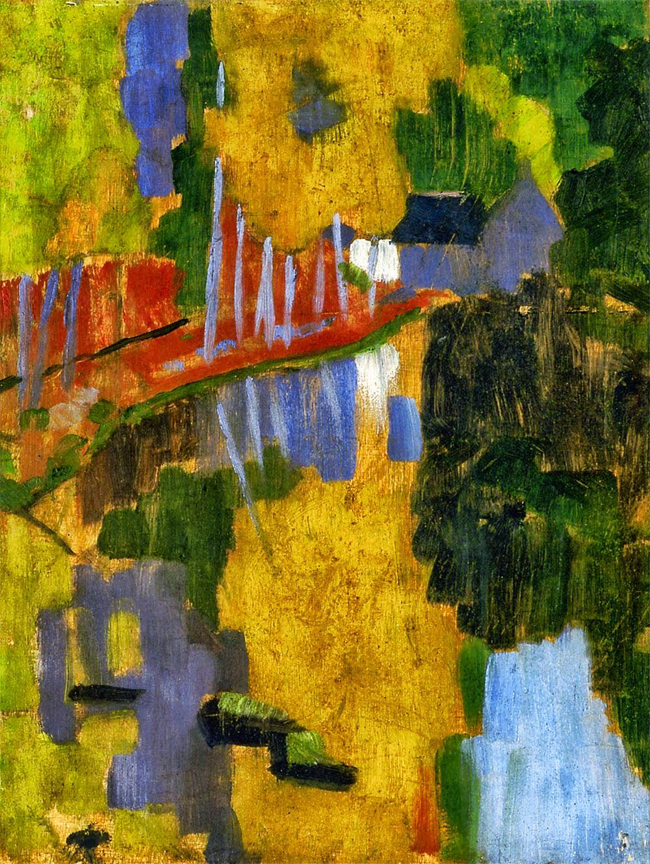Rain

Francisco Mittag walked out to the front porch of Saint Francis of Assisi Catholic Church, where he had just attended the afternoon Mass. He watched the rain for several minutes. It had rained for three days.
Francisco opened his umbrella and walked down the steps of the porch. The town square was empty. The uneven cobblestones of the small piazza were slippery. The rain continued falling, though it was a gentler rain than when he entered the church an hour earlier. Francisco stopped walking and thought about what direction to walk. He turned around and looked at the small church. The few people who attended the mass were gone.
Lifting his black umbrella high above his head, Francisco gazed into the distance where the narrow street ended and trees dominated the horizon. The steady drizzle created a bluish-white film that obscured his vision. He continued walking toward the dark contour of the hills.
Walking in the rain, Francisco got the impression that the world had gotten smaller. When he stopped to listen to the sound of the October rain hitting his taut umbrella, he noticed that all the storefronts were closed. He watched the water trickling down around him from storefront awnings, creating an enveloping and cascading dance of cool water.
Francisco looked in the direction of his home, about seven city blocks due east. He stood and thought. He set his sight on the hills and began walking westward.
Sloshing through water that in some places was several inches deep, Francisco thought about his childhood; playing with friends in the small streets that flanked the church. He smiled. Fifty-seven years old, Francisco had not taken an idle walk in the rain since he was a young boy.
Francisco’s black pants were soaked up to his knees. He walked four city blocks and reached the edge of town. He stopped walking and turned around to glance back at the town. The steady light rain turned into a misty drizzle, creating an opaque film that erased the bright colors of the low houses, much like the pencil drawings of many a bored child at school.
There was a chill in the air.
Francisco continued walking through a soggy grassy field. When he reached the tall trees that signaled the upward slope of the hills outside of town, he paused. The town had virtually disappeared, turning into a dark silhouette that stood out from the mist. The church bell tower was barely visible.
He walked into the woods. The tall canopy provided by the trees afforded him a respite from the rain. He sat on large rocks that he and his friends used to climb as young boys.
***
Closing his eyes, Francisco began humming Debussy’s “Prelude to the Afternoon of a Faun.” He was immediately transported back to the small living room of his childhood home; his mother sewing while listening to soft, impressionistic music.
Francisco remembered his two younger sisters sitting nearby at the dining room table playing with dolls. He recalled how the three of them laughed when their father dozed off on his flower print wingback chair and dropped the book he was reading. This was a nightly occurrence.
Francisco smiled.
Raindrops trickled from his umbrella to his legs. He closed the umbrella and placed it on his lap, resting his arms on it. He could not see the town.
Francisco sighed: “How small the world seems when …” he thought.
He leaned back, his head resting in the gap between two young trees. He kicked some standing water and smiled.
Francisco closed his eyes and slept.